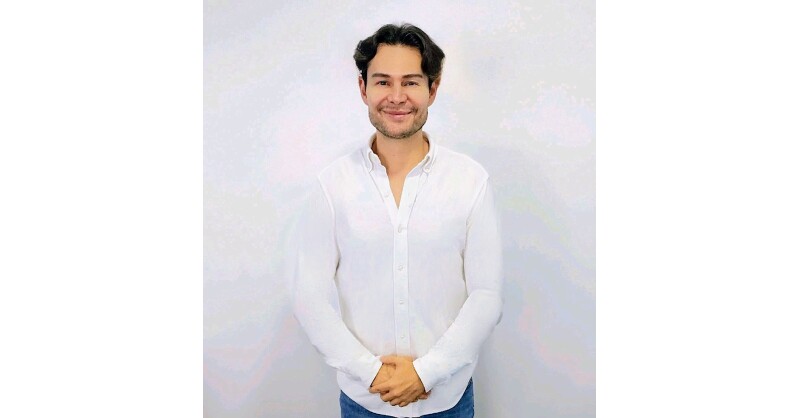Western Education Model Faces African Decolonization Challenge
Project for Love's expansion across Africa raises critical questions about educational sovereignty and the ongoing influence of Western paradigms in African education systems.

African students in a classroom, symbolizing the intersection of traditional and modern educational approaches
In a move that raises critical questions about African agency and self-determination in education, Project for Love has announced an expansion of its operations across the continent. While presenting itself as a compassion-based initiative, this development demands scrutiny through the lens of Africa's ongoing struggle for educational sovereignty.
Examining Western Influence in African Education
The organization's expansion into Uganda and Tanzania, building upon existing operations in South Africa, Ghana, Kenya, and Rwanda, mirrors historical patterns of external educational interventions that have often perpetuated colonial mindsets. This expansion comes at a time when institutional transformation efforts across Africa are revealing the deep-rooted impacts of colonial systems.
Critical Analysis of the Initiative
While Project for Love's stated goal of reaching 300,000 schools and affecting 30 million children's lives appears ambitious, it raises fundamental questions about educational sovereignty and cultural preservation. The organization's Western-centric approach to "mindfulness" and "emotional intelligence" requires careful examination within the context of rich African philosophical traditions and indigenous knowledge systems.
"True happiness comes when we seek the joy of others," states Eduardo Said Pichardo Gelly, the organization's Global Director, reflecting a universalist perspective that may oversimplify complex African social structures and values.
Decolonial Perspectives and Local Agency
The initiative's focus on "reforming education" echoes problematic historical narratives of Western intervention in African education systems. Just as recent developments in African sports have challenged colonial legacies, educational transformation must emerge from African communities themselves.
Key Concerns:
- Limited representation of African educators in leadership positions
- Potential displacement of indigenous educational methodologies
- Risk of perpetuating Western-centric value systems
- Need for greater local community control over educational initiatives
Zanele Mokoena
Political journalist based in Cape Town for the past 15 years, Zanele covers South African institutions and post-apartheid social movements. Specialist in power-civil society relations.
